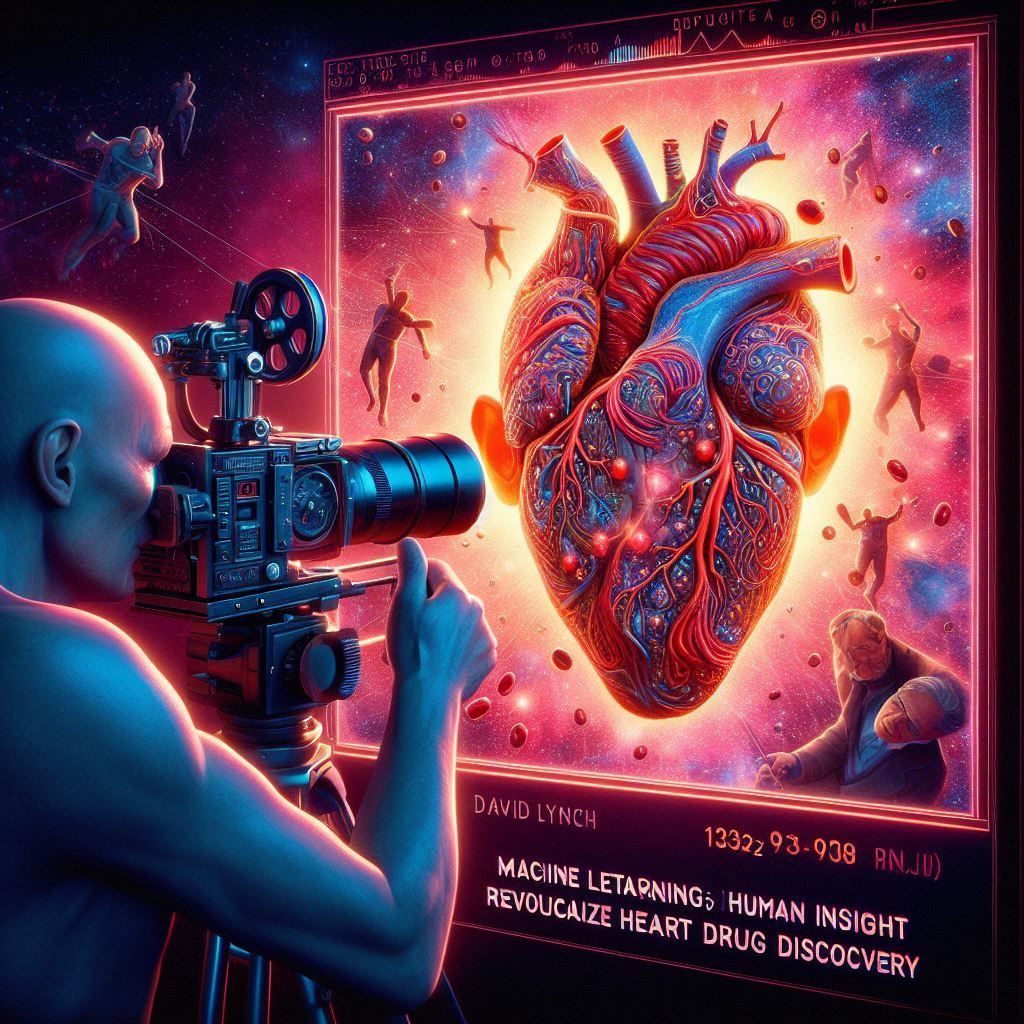It will certainly be at the forefront as it provides an innovative way of replacing the whole worldwide process of health information acquisition. SARAH is a mobile and web-based AI-powered health education platform that strengthens individual health education wherever people are (home, office, and public places). The SARAH system gives health information to all strata of society (men, women, children) at their convenience.
Empowering global health education
This year, the World Health Organization (WHO) is with us verifying our topic for ‘My Health, My Right’; the WHO is one of the UN’s health partners and is interested in trying similar strategies for good health as SARAH does.
The WHO is an international organization of the UN that all countries have joined and which has taken on the mission of giving everyone in the world equal rights to quality healthcare services. It was developed with futuristic thought in mind to tackle major health issues and to provide useful tips to improve a person’s wellness. If one has problems, they will be referred to reliable health status.
However, AI technology is improving, so public officials will have to improve their technical skills in fighting against the sharpened AI capabilities, such as SARAH with perfect language models and smart interface health information avatars. The given line can be accessed in English, French, Spanish, German, Russian, Chinese, Arabic, and Portuguese.
This website is set up to enable viewing whenever necessary without an internet connection. SARAH SARAH acts in real-time, separately controlled by each person addressed. Cancer prevention, cardiac health, and other health issues may be among the issues users explore. The students at this stage are also exposed to basic nutrition and physical routines, where they learn to eat proper foods, exercise, and deal with stress.
Ethical dilemmas are the biggest problems that may arise, and it should be noted that the future of technology development is very much debated.
Ethical considerations and prospects
The AI does not reach clear ethical waters as technology evolves, AI and ethics may undeniably belong together. Those issues above are examples to which Traditional factors in that category may relate, namely, matters of equality of opportunity, security of one’s data, accuracy in processing the data, and elimination of bias and discrimination.
At the same time, the WHO encourages the participation of interested parties in the ethical and human rights discussions that may arise in AI development and practice. The AI technologies are being designed so that the interests of the world’s population, whoever they are, should be exclusively considered and be in line with the corresponding ethical standards.
Currently, the Health Crisis as it used to be under the WHO auspices is mutating into education through SARAH technology for the wider people, the ones in the rural communities, to experience and benefit from. Human-priming AI capitalization, available everywhere worldwide, will facilitate SARAH’s access to all others worldwide.
As a result, it can be argued that individuals will attain healthy lifestyles worldwide. The ranking and advancement of science and technology in society are not only a maker of equal laws but also of ethical consideration involving equality, privacy, and accuracy. A fusion of various intentions focused on ethical innovation and the durability of this pledge is the expression of what the AI’s presence in this area amounts to. In our present world, this phenomenon persists.





